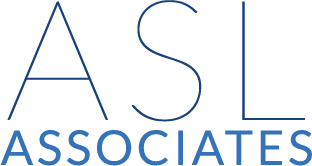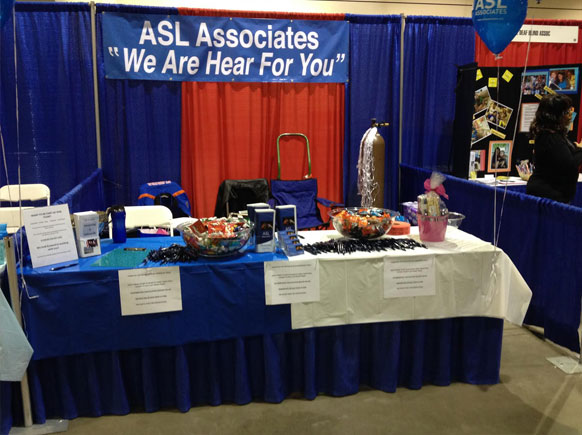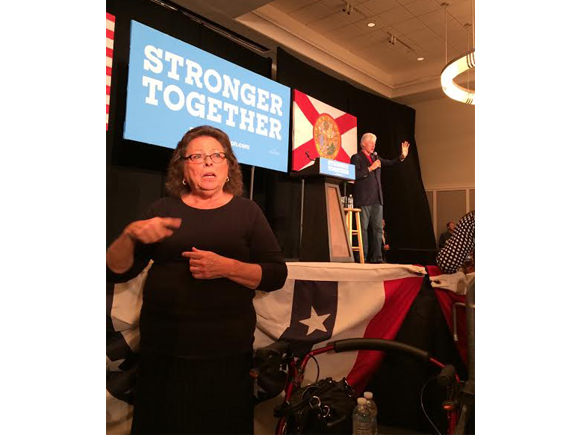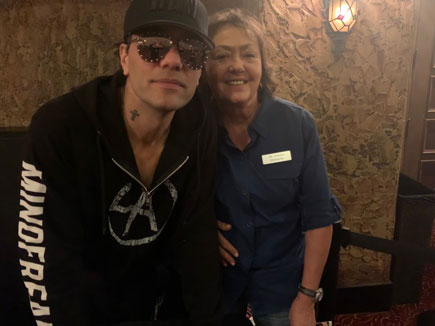Title III of the Americans with Disabilities Act (ADA) gives rights of equal access to places of public accommodation. For deaf and hard of hearing people, Title III requires businesses and agencies to remove many frustrating barriers to communication.
Title III covers a wide range of places of public accommodation, including retail stores and the wide range of service businesses such as hotels, theaters, restaurants, doctors’ and lawyers’ offices, optometrists, dentists, banks, insurance agencies, museums, parks, libraries, day care centers, recreational programs, social service agencies and private schools. It covers both profit and non-profit organizations. Unlike the employment section, which only applies to employers with 15 or more employees, this part of the ADA applies to all such offices and businesses, regardless of size.
Places of public accommodation must give persons with disabilities equal opportunity to participate in and to benefit from their services. They cannot provide unequal or separate benefits to persons with disabilities. They must modify their policies and practices when necessary to provide equal access to services and facilities.
In order to provide equal access, all public accommodations are required to provide auxiliary aids and services to ensure effective communication. The ADA also requires removal of structural communication barriers that are in existing facilities, and installation of flashing alarm systems, permanent signage, and adequate sound buffers.
The U.S. Department of Justice regulation to Title III of the ADA, 28 C.F.R. Part 36, and the Analysis that accompanies it, 56 Fed. Reg. 35544 – 35691 (July 26, 1991), explain in detail the requirements of the law. Public accommodations are required to provide auxiliary aids to enable a person with disabilities to communicate effectively: A public accommodation shall furnish appropriate auxiliary aids and services where necessary to ensure effective communication with individuals with disabilities. 28 C.F.R. Š36.303(c).
A comprehensive list of auxiliary aids and services required by the ADA for deaf and hard of hearing people includes: qualified interpreters, notetakers, computer-aided transcription services, written materials, telephone handset amplifiers, assistive listening devices, assistive listening systems, telephones compatible with hearing aids, closed caption decoders, open and closed captioning, telecommunication devices for deaf persons [TTYs], videotext displays, or other effective methods of making aurally delivered materials available to individuals with hearing impairments. 28 C.F.R. 36.303(b)(1).
The term qualified interpreter is defined in the regulation to mean: ” . . . an interpreter who is able to interpret effectively, accurately and impartially both receptively and expressively, using any necessary specialized vocabulary. ” 28 C.F.R. 36.104.
For more clarification on this information click on the link below.
http://www.dol.gov/dol/topic/disability/ada.htm








